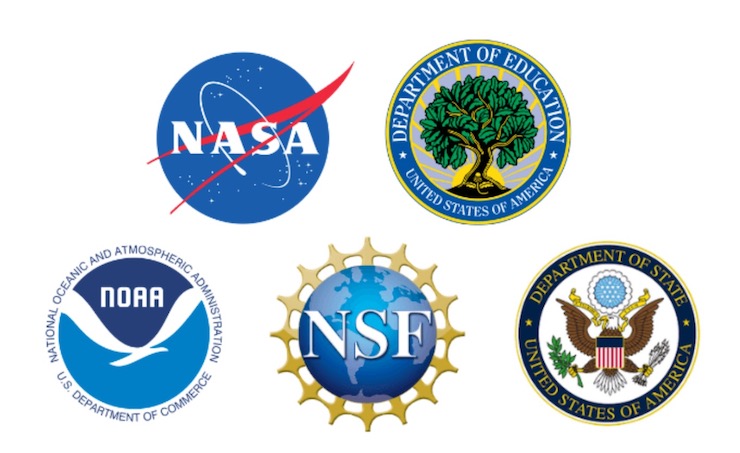Families Who Lost Loved Ones In the Challenger Disaster, Establish Drone Program For “The Challenger Space Center for Science Education”

On January 28, 1986 television and radio stations throughout the United States of America were turned on to the news. An estimated 17% of Americans, whether at work, in their offices, at school, or at home waited with bated breath to see the launching of the Challenger space shuttle in Cape Canaveral, FL. Onboard the shuttle was NASA astronauts Gregory Jarvis, Judy Resnik, Dick Scobee, Ronald McNair, Michael Smith, and Ellison Onizuka. Joining the mission was civilian high school teacher Christa McAuliffe, the first teacher scheduled to journey into space. At first, everything appeared to be normal as the crew entered the shuttle and prepared for takeoff. Then, 73 seconds after the shuttle blasted off from the ground a faulty O ring led to the ship’s right solid rocket booster to fail. The Challenger exploded and disintegrated into the Atlantic Ocean.
Shortly after the accident occurred, the families of those lost on the Challenger established the Challenger Space Center for Science Education. With its headquarters in Washington D.C., the nonprofit organization serves as a permanent memorial to the Challenger crew. Today there are 43 Challenger learning centers throughout the United States and abroad. The goal of the Challenger centers is to educate elementary, middle, and high school students through STEM based curriculum that inspires them to embrace a STEM world outside of the classroom. They offer supplementary school year programs and summer camps, many of which involve aeronautic studies. As drones have become such a major global aerospace market, the Challenger Learning Center of Richland County School District One in Columbia, South Carolina has begun offering courses centered on drones.
Drones are in a unique position to educate children in a highly valuable way. In the eyes of most school age children, a drone is an awesome robotic toy. But in learning how to use a drone multiple levels of actionable STEM education are applied. The basics of flying a drone without crashing it requires fine motor skills, problem-solving, and an understanding of aerodynamics. To build a drone, students need to understand physics, mathematics, coding, and more. But because students are working with something they regard as a rewarding toy, the learning process is fun and natural. The South Carolina school offers drone demonstrations to other schools to highlight drone possibilities and encourage students to embrace drones, and teachers to adopt drone curriculum. The center also offers on site programs to prepare students for a career in the drone market.
Carolyn Donelan is the Lead Flight Director at The Challenger Center and sees the center’s programs as a way of showing children and their families possibilities for their future. “A lot of people are unaware of the ways that drones are used in different industries,” she said. “By exposing students to these possible career paths and offering programs that prepare them to get their remote pilot certificate, it increases the options that these students have for future employment. They also take that information home, so it exposes this information to their parents as well.” At the center’s school year and summer camp programs, students can get an education that goes beyond learning how to fly a drone.
The programs train and prepare students for the FAA’s Part 107 drone license, a requirement for anyone aiming to use drones commercially. However, the FAA may soon require drone hobbyists to have a Part 107 too. This training covers the ability to safely fly a drone along with all the rules and regulations pertaining to drone use. The center also teaches students how to use a drone to collect and process data, how to build and program drones, and more. With the many connections the Challenger Center has with companies in the drone market, they are also able to help students establish relationships within the industry. For older students, the center holds career day opportunities that allow them to meet with drone professionals on a broad spectrum.
The drone industry is constantly progressing. The need for qualified drone designers, operators, and innovators is rapidly growing. Presenting drones to students before they graduate high school helps to further support the progress of the drone industry. Though students are being instructed through a classroom like setting, the Challenger Center is able to reach these students in a way that can light that spark of ingenuity. “Our main goal,” said Don Culp, Flight Consultant from The Challenger Center, “is to provide the children with a memorable and educational experience.” Once kids have such an experience they are likely to carry what they learned with them into adulthood, fulfilling the Challenger Center’s vision to “Build a scientifically literate public and shape our future leaders to help improve quality of life across the globe – not just through pragmatic teaching, but also by the power of vision, inspiration, and innovation.”
|